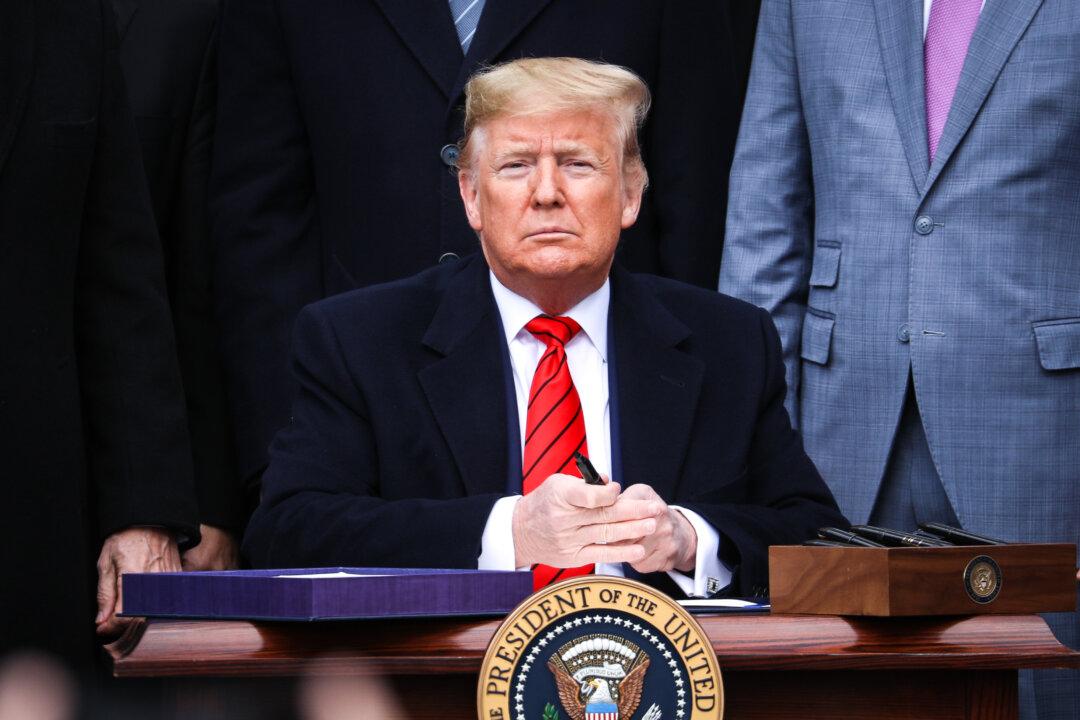The Senate will vote on whether to call any witnesses in the impeachment trial against President Donald Trump on Jan. 31, but with a dearth of Republicans signaling a willingness to side with Democrats, witnesses are expected to be blocked.
Sen. Lamar Alexander (R-Tenn.) became the latest potential swing vote to announce late Thursday that he'd vote against calling additional witnesses.





